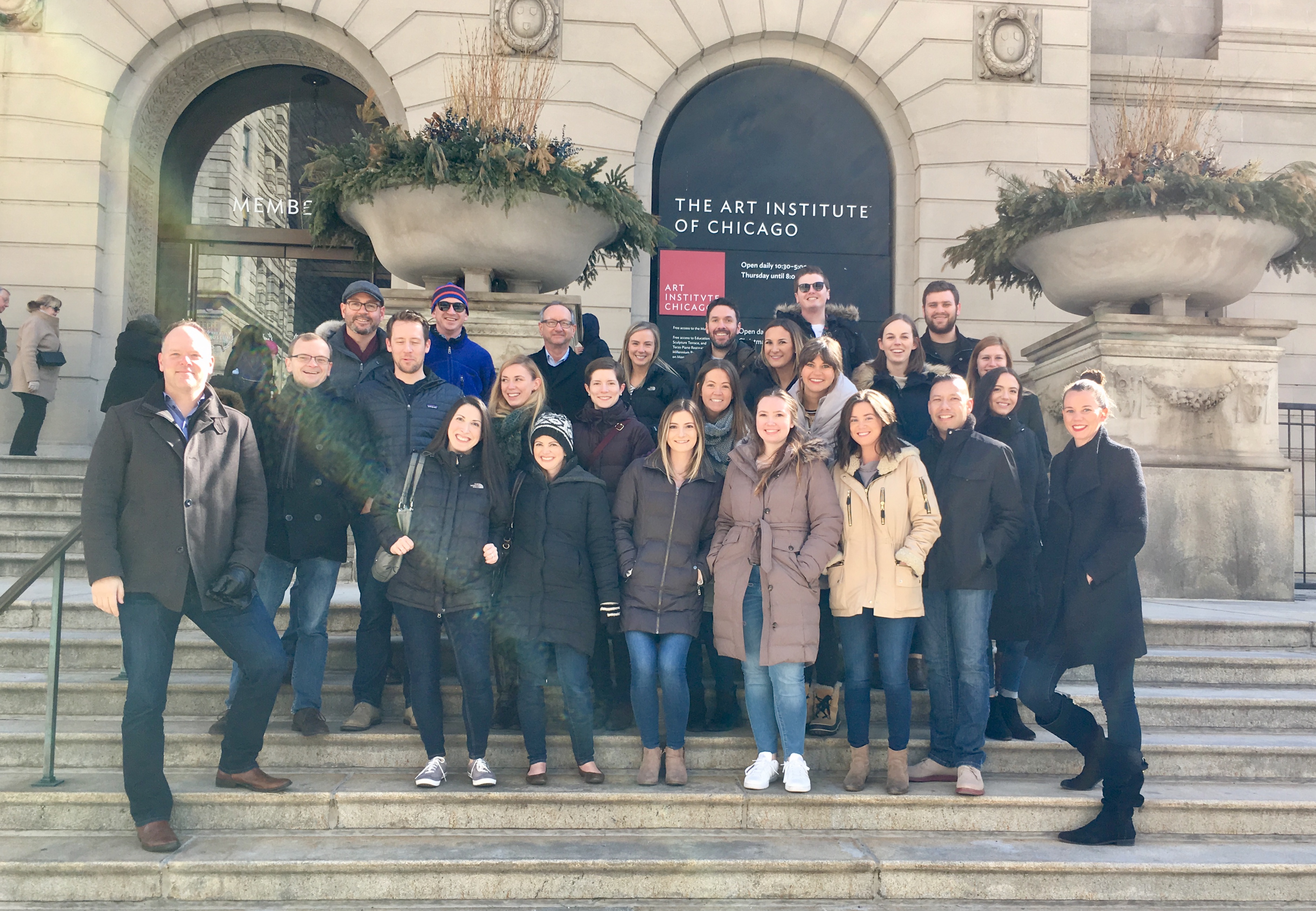April 28, 2020
For Authorities With Unique Expertise, It’s Time to Engage

With COVID-19 disrupting life around the world, staying informed matters more, to more of us, than ever. And that’s causing a somewhat surprising side effect:
Authorities are back. And not just the kind who order you to stay home and wash your hands a lot. I’m talking about true subject matter authorities – those experts who have the knowledge and experience to help us make sense of what’s happening.
With information overload, and particularly misinformation overload, plaguing all of us, now is a big moment for authoritative spokespeople who can provide clarity. “People realize when the chips are down, and everything is on the line, and you can be the next person in the hospital bed, it’s the experts that you want to listen to and the experts you wish you had listened to all along,” Marcia McNutt, president of the National Academy of Sciences, recently told the Associated Press.
As McNutt and others explore this topic, they typically emphasize experts on health-related issues. But even a glance at the news shows us that the COVID-19 crisis is wreaking havoc on nearly every aspect of our lives. With audiences and journalists alike desperate to know what it all means, now is also the time for those with deep understanding of critical issues of all kinds to engage.
That goes for legal minds who can explain how rules and regulations apply to an unprecedented scenario, policy experts who can explain moves by the Trump administration and other officials, and consultants who can speak to how business leaders can guide their organizations through a “new normal.”
At Greentarget, we believe authorities like that not only have the opportunity, but the responsibility to contribute to the conversation at this pivotal time – both by speaking for themselves and by working with journalists to help disseminate their point of view through the media.
Public Trust for Industry Spokespersons Was High Before the Pandemic
One bit of good news: Even before the pandemic hit, trust for industry spokespersons was high, according to the Edelman’s 2020 Trust Barometer, which measures the average percent of faith in institutions like NGOs, business, government and media. Further, the findings showed that 92 percent of employees said CEOs should speak out on issues of the day, including retraining, the ethical use of technology and income inequality.
The public already trusts individuals in positions of authority and wants them to speak out more. That’s significant because it underscores how effective thought leadership – as opposed to more noise – can stand out, even in normal times.
And now, as journalists desperately try to keep up with COVID-19’s unprecedented impact in all its forms, they have an increasing appetite for experts who can provide passionate, insightful views that break down how this will affect businesses, healthcare, employment and other critical issues.
Tips on Engaging With the Media
If you’re new to the game of thought leadership but don’t know where to start when speaking with reporters, keep these points in mind:
- Be Specific: Journalism and research are and will be increasingly data driven, and spokespeople must adapt their messaging accordingly.
- Be Credible: As public trust in journalism continues to build, it will be increasingly crucial that spokesperson messages are trustworthy while delivering valuable content.
- Empathy Counts: As newsroom staffs shrink, media relations strategies must be thoughtful, deliberate and empathetic to reporters.
- Raise the Thought Leadership Bar: Commercial messaging is already a challenge, but the bar for thought leadership is getting higher. Editors will look for content that not only communicates expertise but provides information their audience needs to know.
Thought leaders have a real opportunity to rise above the noise in a moment when expertise is especially valued. We need our smartest and best thinkers to engage and direct a smarter conversation. Now more than ever.








